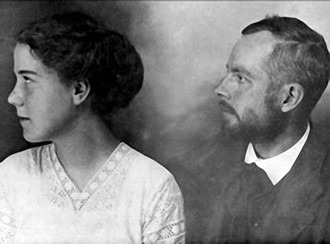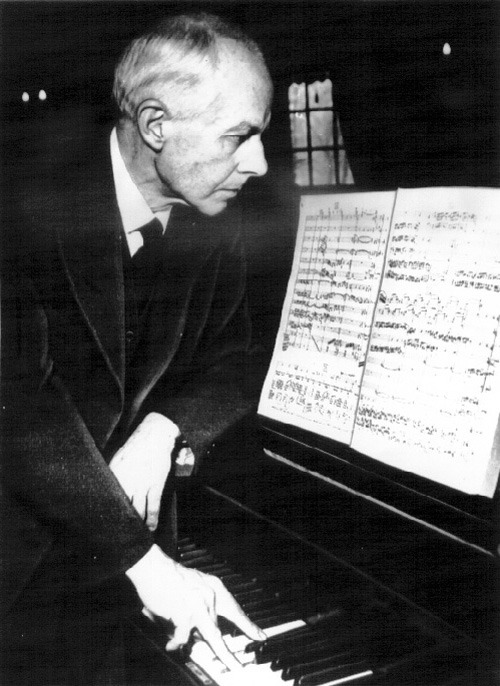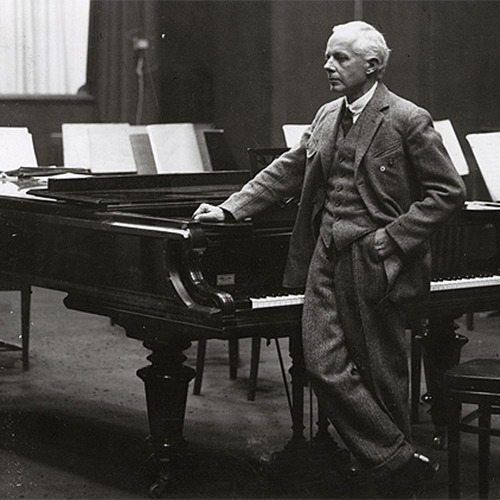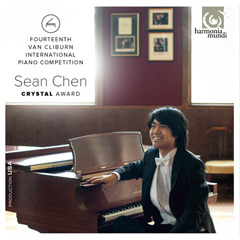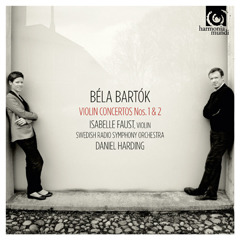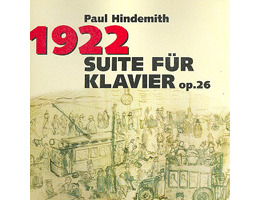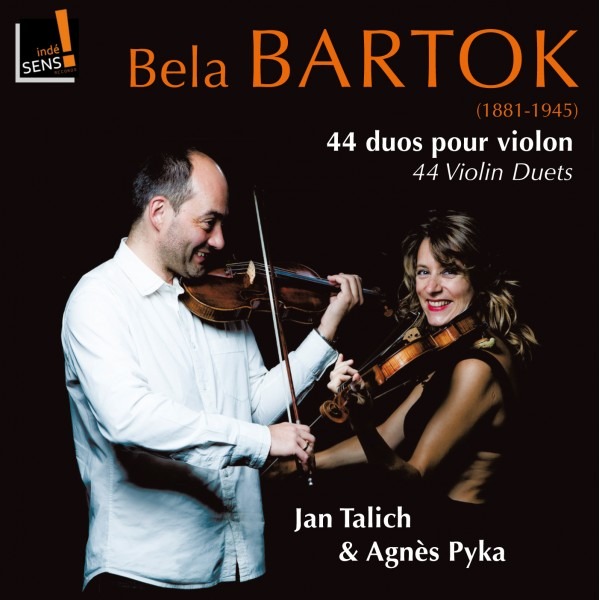When Stefi Geyer rejected Béla Bartók’s proposal of marriage, the composer fell into a deep depression. Unable to sleep, he lost his appetite and obsessed with not being able to attain something he truly desired. And for many years to
Bartok
Béla Bartók (1881-1945) was one of the most influential figures in the history of classical music. Composer, performer, educator, and ethnomusicologist, Bartók’s powerfully shaped the way subsequent generations approached and listened to music. Born near the Hungarian city of Nagyszentmiklós,
Art is a matter of evolution, not revolution 70 years ago, the world completely ignored the passing of one of the most creative and influential composers of the 20th century. Béla Bartók (1881–1945) originally hailed from the Hungarian town of
Béla Bartók Three Etudes Op.18 I. Allegro molto From Sean Chen, Crystal Award, 14th Van Cliburn International Piano Competition (2013) Released by Harmonia Mundi Bartók: Three Etudes Op.18 – I. Allegro moltoAn amazing recording by Sean Chen, “An artist with
Violin Concerto No. 2, Sz 112 – II. Andante tranquillo Isabelle Faust, violin Swedish Radio Symphony Orchestra Daniel Harding From Béla Bartók – Violins Concertos no. 1 & 2 (2013) Released by Harmonia Mundi Bartók: Violin Concerto No. 2, Sz
Composed in January and February 1920, Paul Hindemith’s third string quartet was described as “brimming with youthful energy…a thrilling, musical event, real ‘new’ music. Here everything is comprehensible and concrete.” First performed at the Donaueschingen Chamber Music Performances in 1921,
Pizzicato Jan Talich Agnès Pyka From Béla Bartók – 44 Violin Duets (2012) Released by Indésens Bartók: Pizzicato Béla Bartók did not intend this work to be played in performances, but rather to be useful as a work for young

